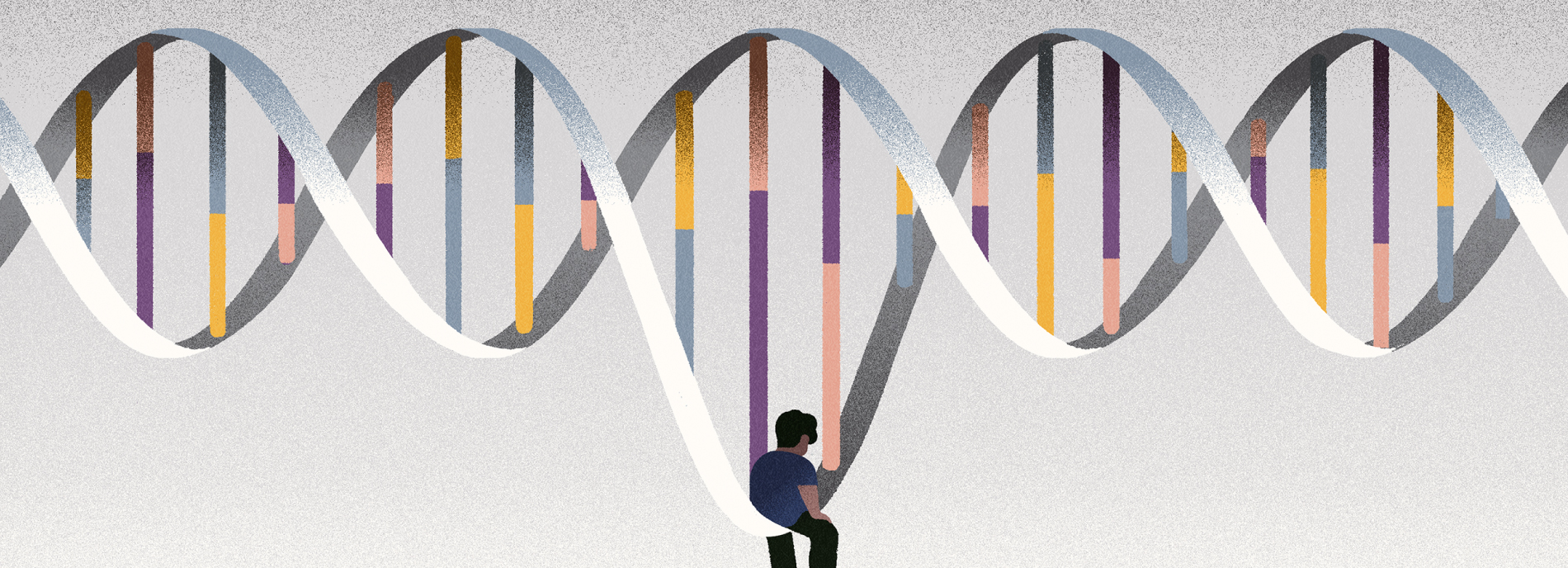Carrie Arnold is a Virginia-based freelance science journalist who covers many aspects of the living world. She’s a contributing editor at NOVA Next, and has also written for Mosaic, National Geographic, Aeon, Nautilus, Scientific American and Women’s Health. She is also the author of “Decoding Anorexia: How Breakthroughs in Science Offer Hope for Eating Disorders.”
Carrie Arnold
From this contributor
Weighing up autism’s obesity crisis
Autism’s underlying biology, associated behaviors and treatments can all put people on the spectrum at serious risk for obesity.
Rare form of autism shows unique pattern of regression
More than 40 percent of children with Phelan-McDermid syndrome lose skills they once had, beginning, on average, at age 6.

Rare form of autism shows unique pattern of regression
The innovators: How families launch their own autism studies
Some parents are starting ‘N-of-1’ studies for autism, but their efforts don’t always get taken seriously.

The innovators: How families launch their own autism studies
The invisible link between autism and anorexia
Autism and anorexia may seem to have nothing in common, but below the surface, the two conditions are startlingly similar—and sometimes affect the same person.

The invisible link between autism and anorexia
Explore more from The Transmitter
Xiao-Jing Wang outlines the future of theoretical neuroscience
Wang discusses why he decided the time was right for a new theoretical neuroscience textbook and how bifurcation is a key missing concept in neuroscience explanations.
Xiao-Jing Wang outlines the future of theoretical neuroscience
Wang discusses why he decided the time was right for a new theoretical neuroscience textbook and how bifurcation is a key missing concept in neuroscience explanations.
Memory study sparks debate over statistical methods
Critics of a 2024 Nature paper suggest the authors failed to address the risk of false-positive findings. The authors argue more rigorous methods can result in missed leads.

Memory study sparks debate over statistical methods
Critics of a 2024 Nature paper suggest the authors failed to address the risk of false-positive findings. The authors argue more rigorous methods can result in missed leads.
Attention not necessary for visual awareness, large study suggests
People can perceive some visual information even if they do not pay direct attention to it.

Attention not necessary for visual awareness, large study suggests
People can perceive some visual information even if they do not pay direct attention to it.
